New compostable lunch trays increase cost
New lunch tray made from recycled paper
February 11, 2019
On January 1st, a ban on plastic bags and polystyrene serving-containers proposed by Councilor at Large Melissa Cox took effect in restaurants, supermarkets, and businesses across Gloucester. Because the trays used in Gloucester public school cafeterias are made of polystyrene and used to serve food, they will not be exempt from the ban, and will be eliminated from use by the end of February.
Food Service Director Martha Jo Fleming expects to see an increase in lunch tray costs. “The cost of the actual trays was 3 cents each for the polystyrene, and the compostable are nine, so a six cent difference,” said Fleming. “The total cost of the compostable trays we figure will come in at $25,563. The cost of the foam was $9,973.” That is a $15,590 increase this year.
According to Superintendent of Schools Dr. Richard Safier, any deficit incurred due to the change will be picked up by the school committee. “What the school committee usually does with its budget is create what I consider to be a relatively small contingency account. Usually the contingency account has about $200,000,” said Safier. “If the food service account can’t afford to pay for all of the compostable tray increase, we would take money from the contingency.”
The Gloucester High School cafeteria has already switched to the biodegradable trays, which are made of recycled paper. Head of Cafeteria Staff Patty Thibodeau says that the budget strain is affecting other aspects of her job. “Our silverware– knives, forks, spoons– when people bring their home lunch they want to use them, but the trays are so expensive that we can’t just give out silverware.”
Councilor at Large Melissa Cox believes that the benefits from the ban outweigh its financial effects. “Protecting the environment and the ocean from debris that is not recyclable or biodegradable is definitely the motivation,” said Cox. “The more cities and towns that pass the ban, the more companies will start producing alternative products, and I think once more people start buying alternative products, the cost is going to go down.”
Dr. Safier is similarly convinced that balancing environmental and economic concerns is the key to pushing environmentally friendly products into the mainstream. “We’ve got an administration that denies there’s climate change,” said Dr. Safier. “Now I imagine that they believe that there is climate change, but for political reasons they’re not willing to admit it. What ultimately needs to happen is to find ways that the environmentally friendly can be reasonably profitable at the same time, so companies that need to make money are making the money, but they are doing it in the ways that are environmentally safe and sound.”
Currently the trays are being disposed of in the trash. The trays will eventually be composted by a private company, but first the city has to weigh the price of the service, and evaluate how a switch to composting will impact janitorial staff. “The custodians may suggest that this is a change in working conditions,” said Safier. “In all likelihood it will involve negotiations between the city and the custodians, with respect to what exactly is expected of them in the process of taking the compostable trays and preparing them so that an outside agency can pick them up.”
West Parish Elementary School already has a composting program organized by parents in partnership with the local composting company Black Earth Compost. Composting will not be implemented district wide until next year.


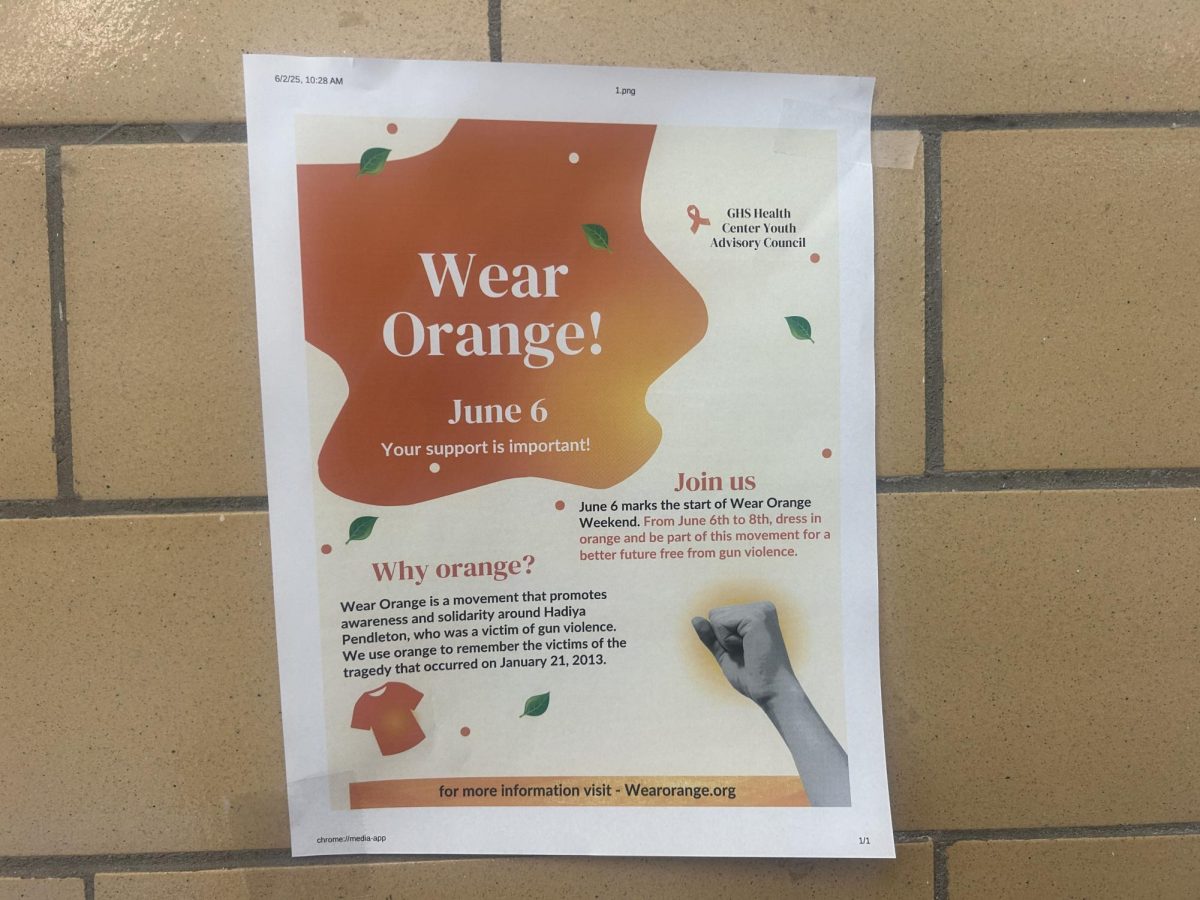
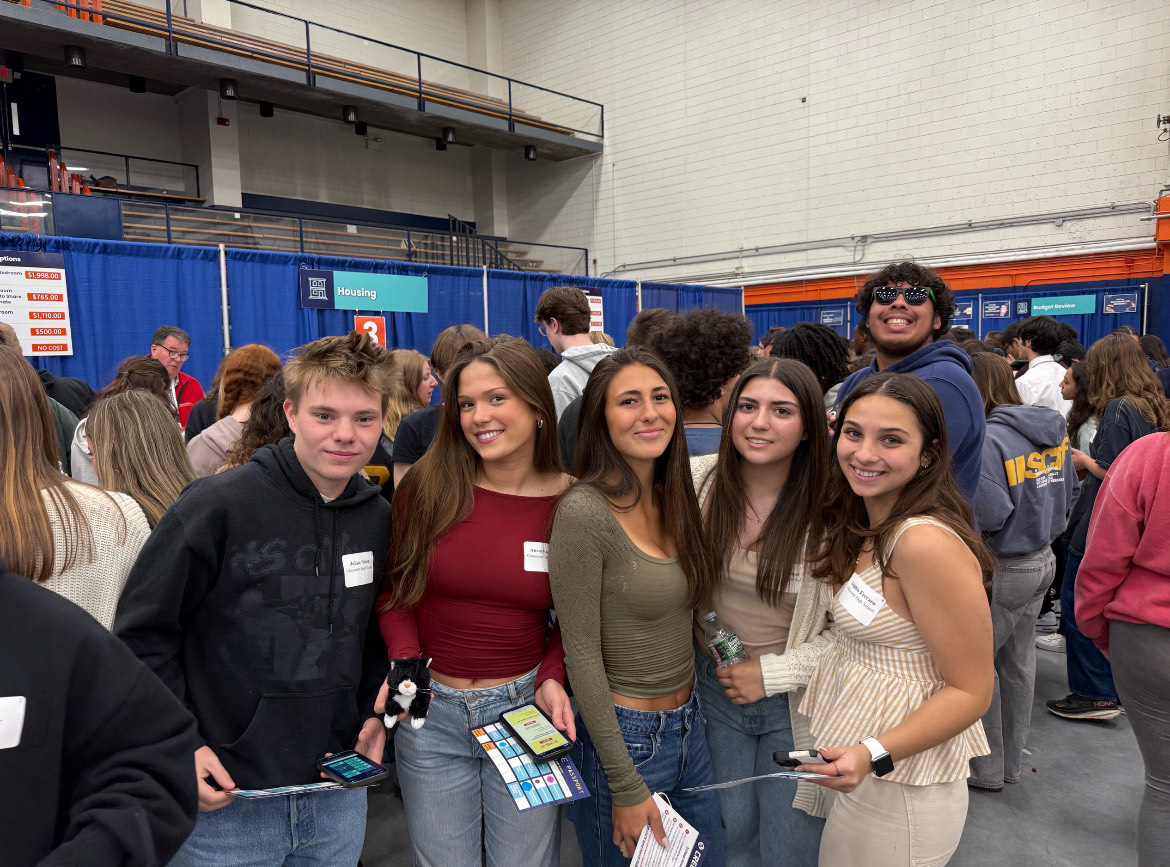
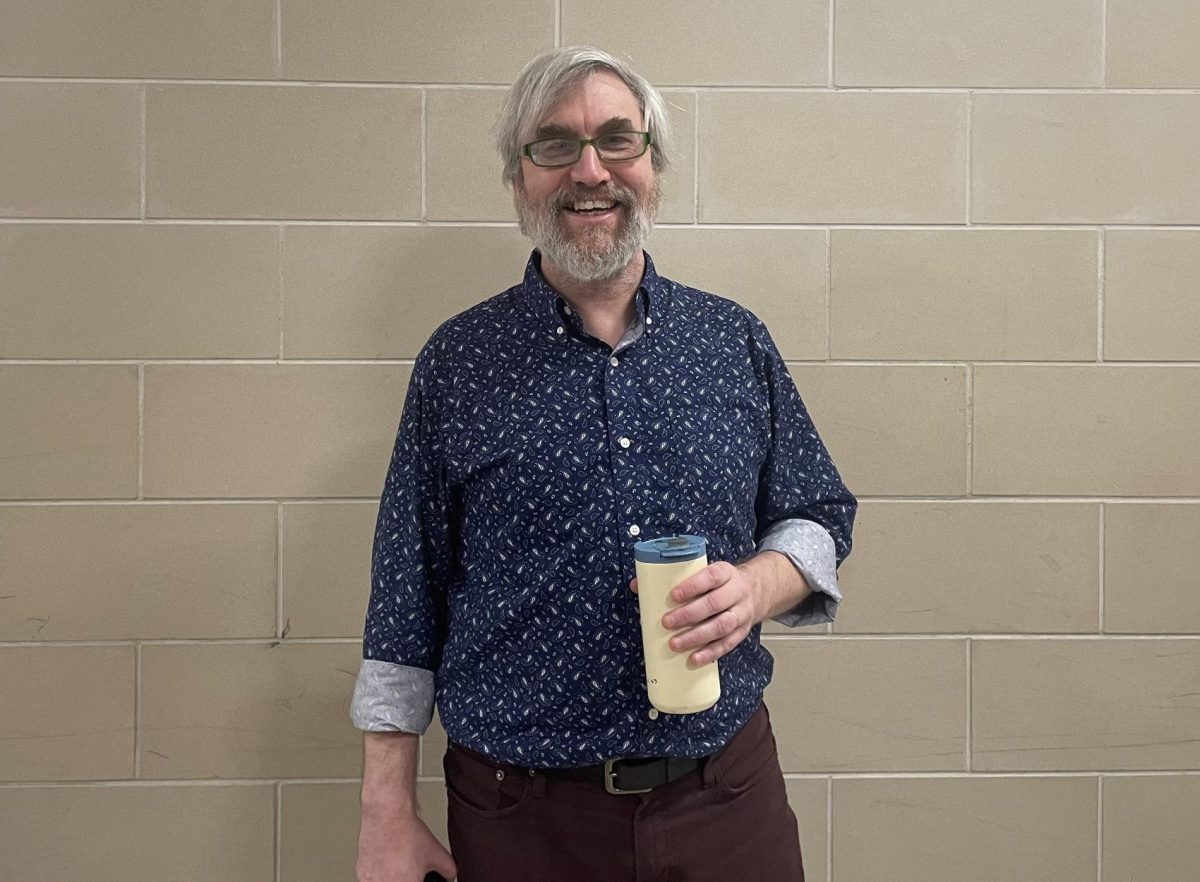




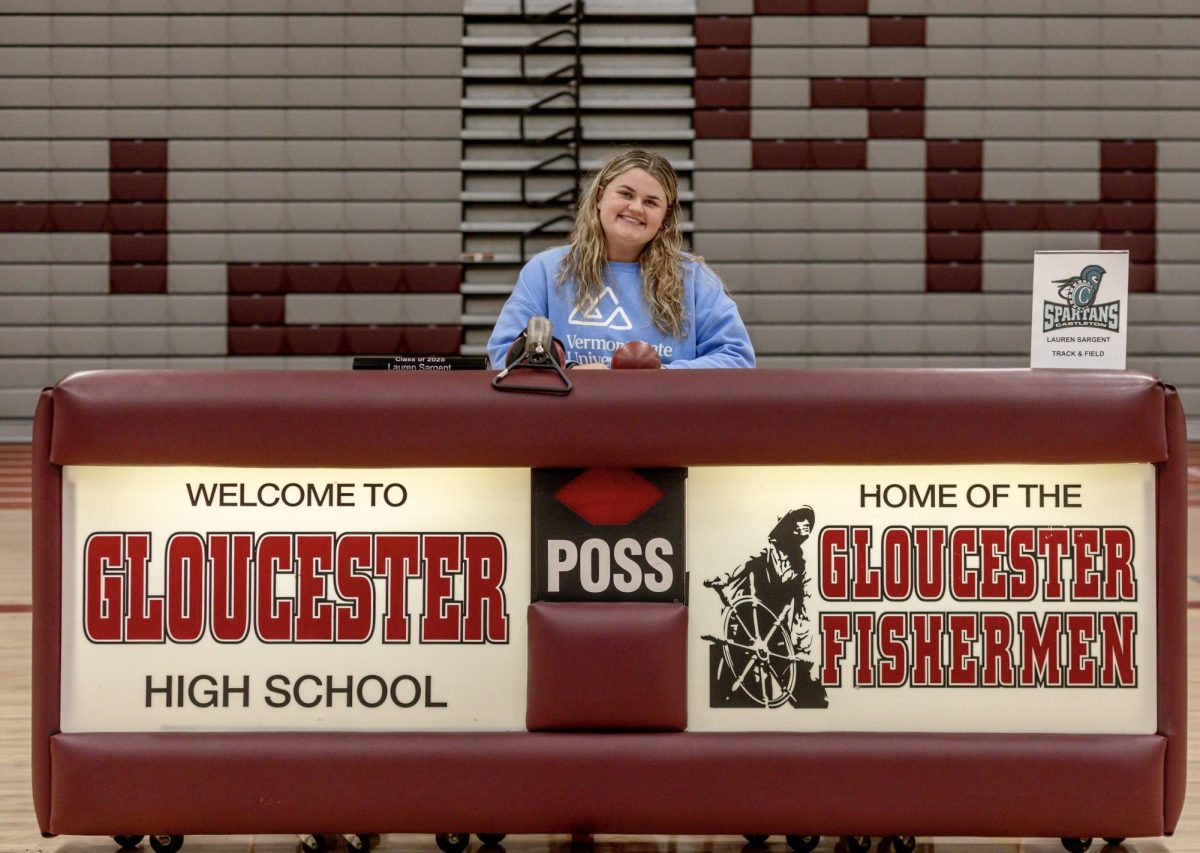

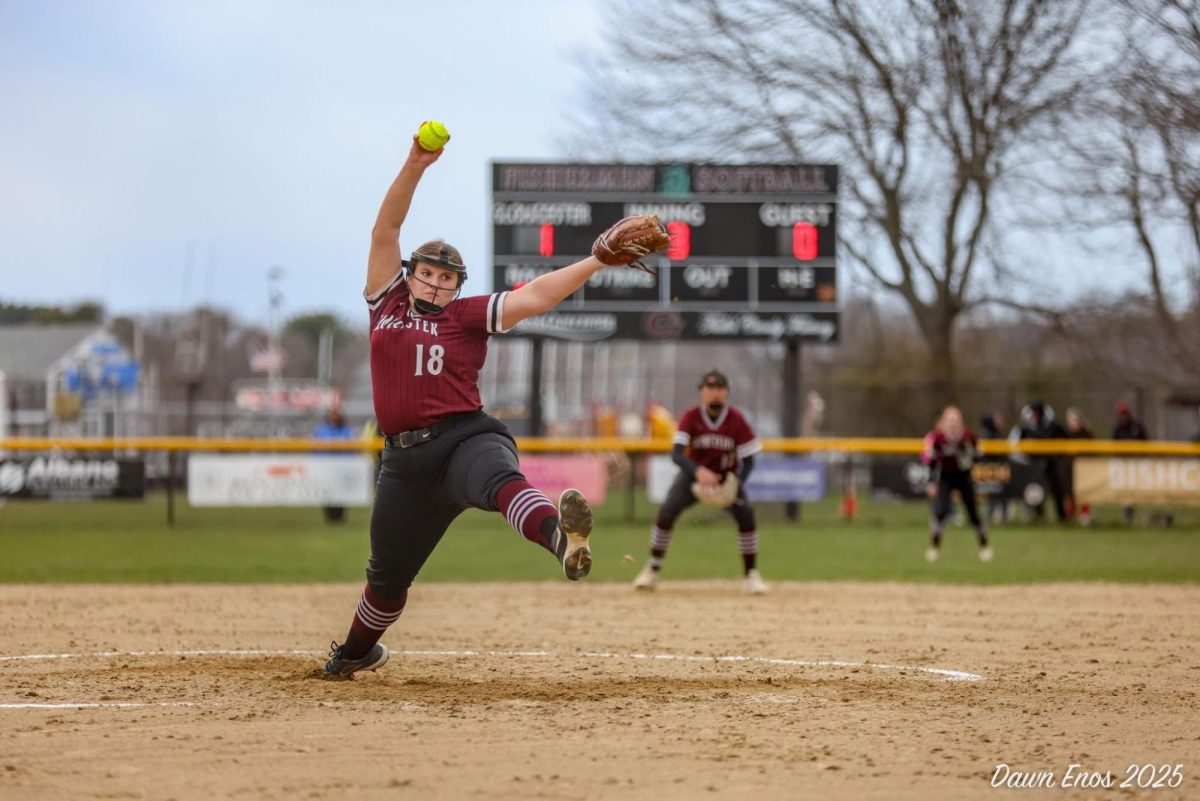
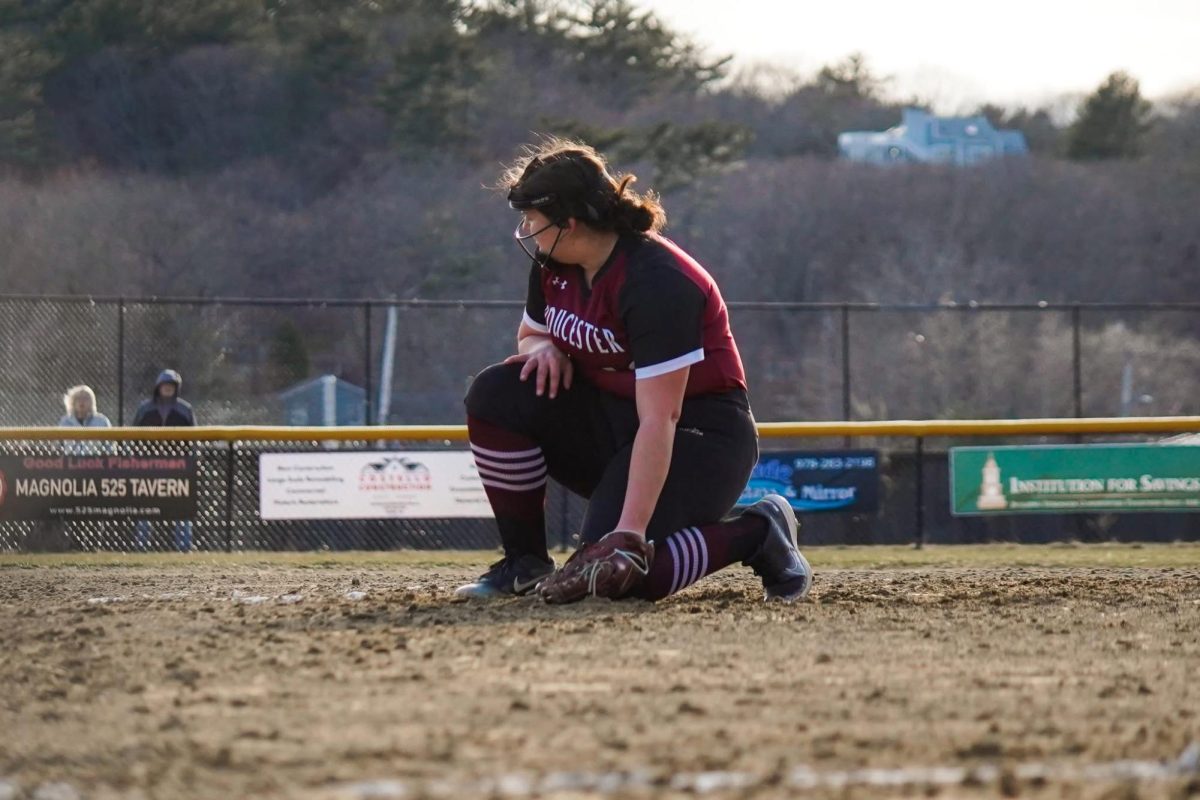





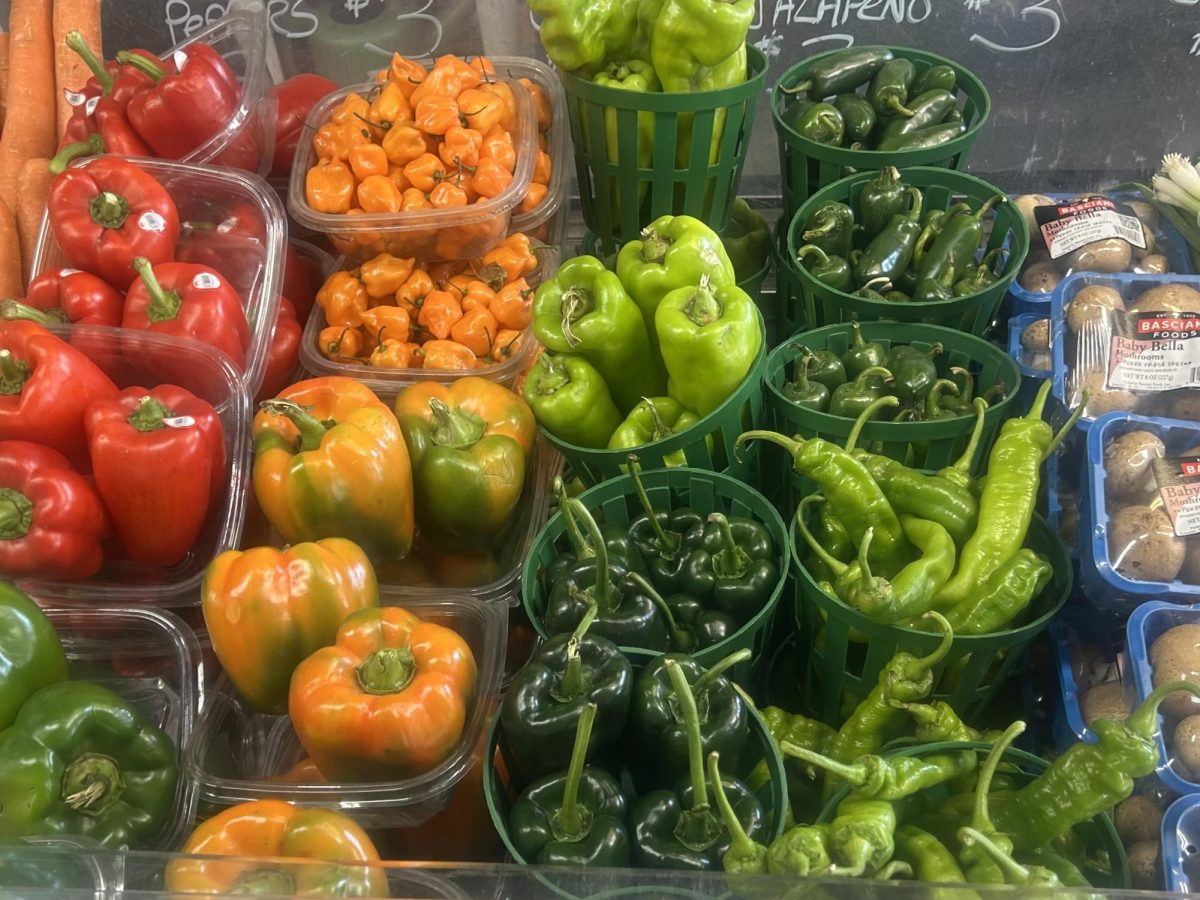
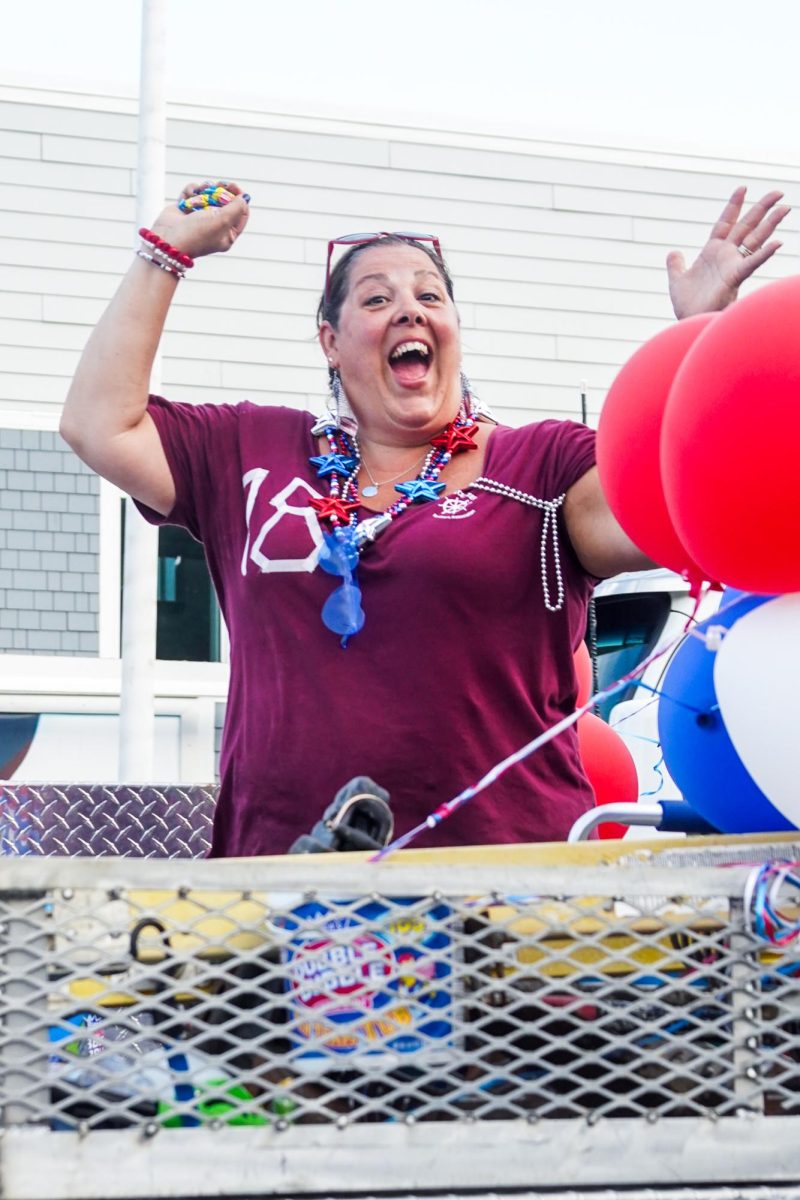



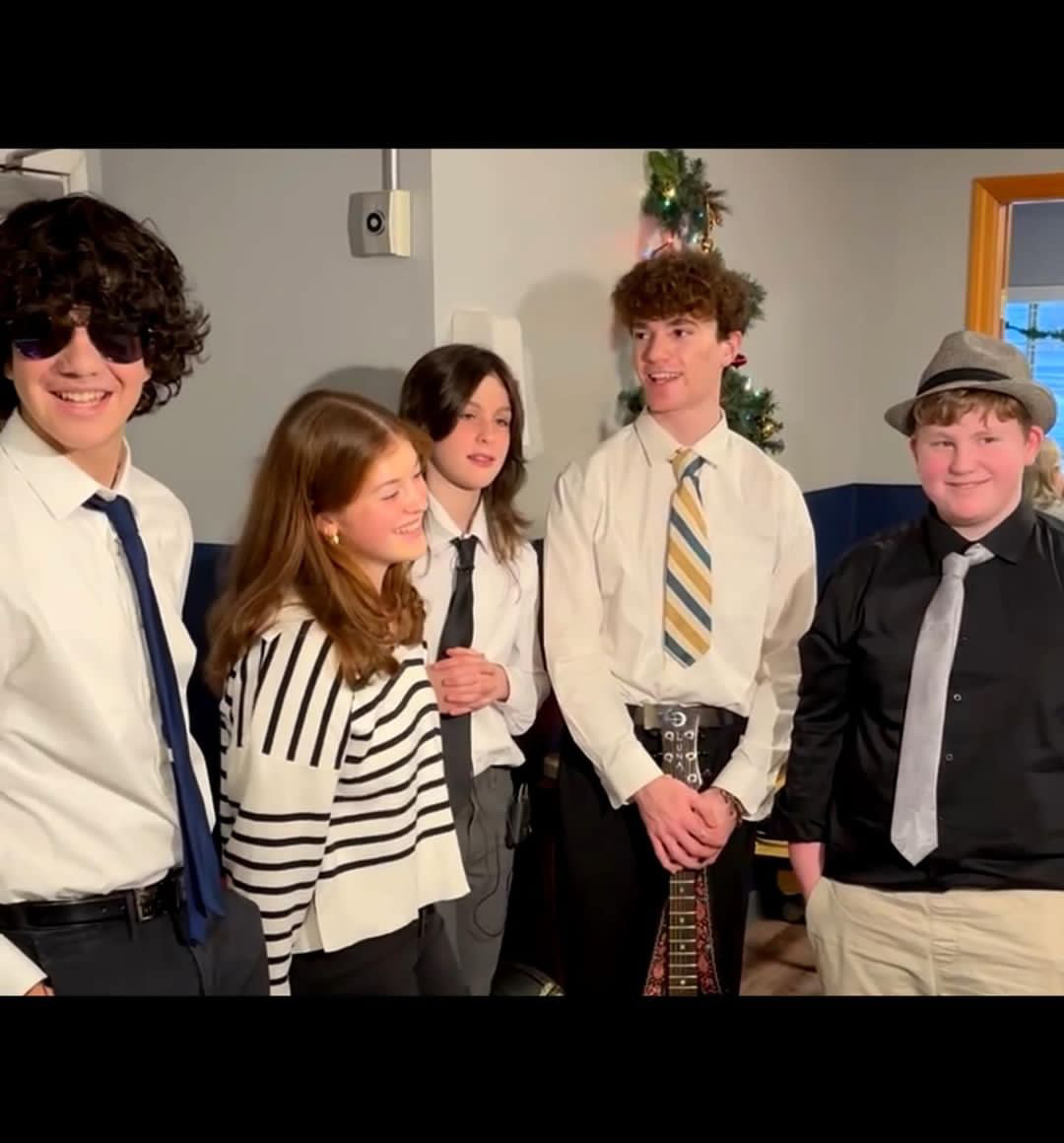





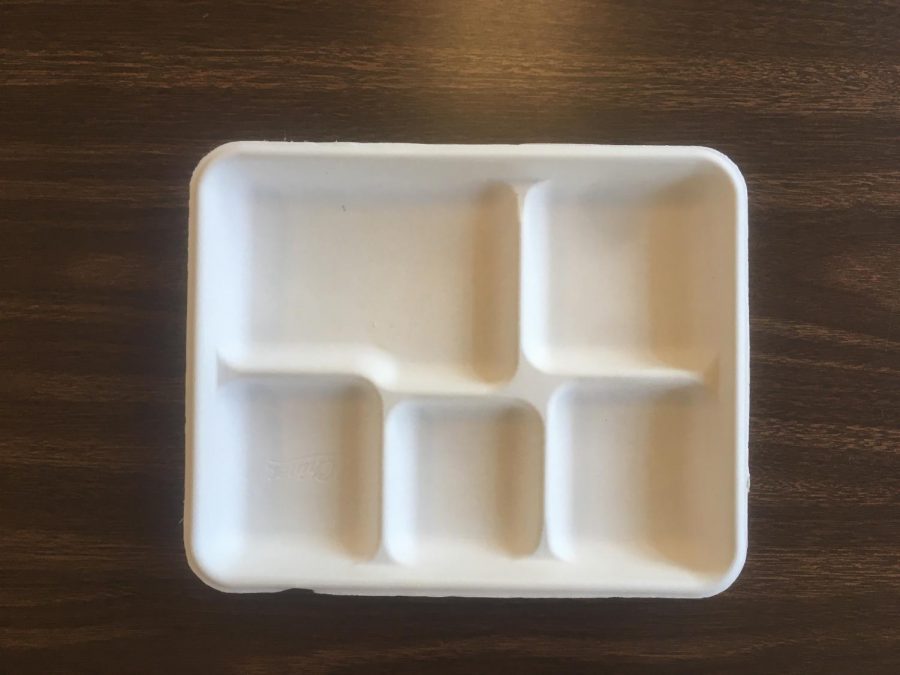
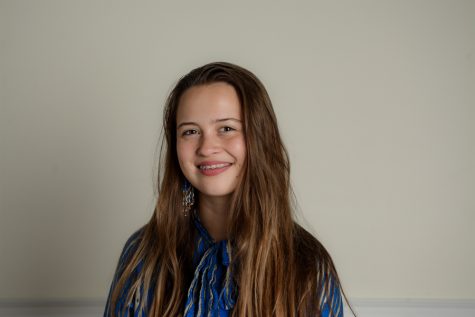

Nancy Sullivan • Feb 17, 2019 at 10:11 pm
Way to go, Gloucester High School!! Using compostable trays will be a big step towards cleaning our environment. The cost is worth it!
Jodie Parisi • Feb 13, 2019 at 8:48 am
Wonderful article Willa. I think the valuable lesson here is that students will learn early on about their impact on the environment and that there are choices out there. It’s imperative that we begin teaching them at an early age to take care of our planet!
susan hoague • Feb 13, 2019 at 5:01 am
The Gloucester schools are setting such a great example of protecting our environment. Thanks for this article, and please let us know when the composting starts. All those trays will certainly create much-needed compost for our school gardens.
Conor Miller • Feb 12, 2019 at 8:29 pm
Excellent article Willa! Thanks!
Anna • Feb 12, 2019 at 7:35 pm
I’m so proud of Gloucester High School for taking a big step to reduce the plastic consumption at the school! Even though it’s a costly effort, I believe the positive results will definitely outweigh the negative costs. Keep up the hard work!
Melissa Cox • Feb 12, 2019 at 7:13 pm
Thank you Willa for such a wonderful well written story.
Elinor K. • Feb 11, 2019 at 2:56 pm
I am so happy! I admire Gloucester’s active effort to protect the environment. Yall have your priorities straight. Thank you!